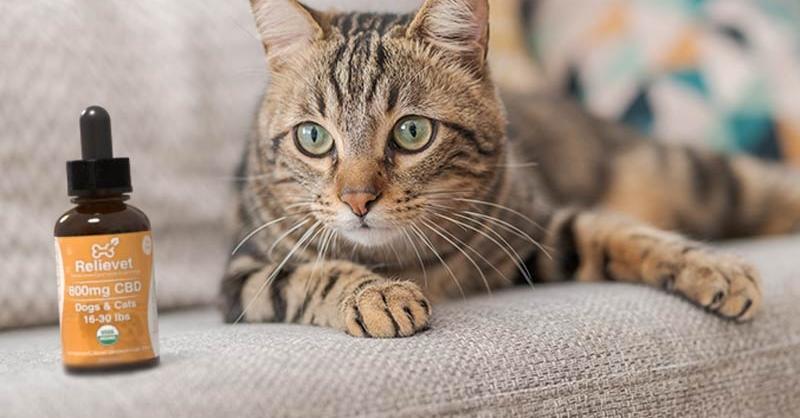CBD oil has gained significant attention for its health benefits in humans and animals. While it is well-known for its calming effects and pain-relieving properties, it has also shown promise in supporting digestive health. But how does CBD oil cats help with digestive issues, particularly in improving appetite and digestion? This article will tell you.
Understanding Digestive Issues in Cats
Digestive issues in cats can manifest in various ways, including loss of appetite, vomiting, diarrhea, constipation, and overall discomfort. These issues can arise from multiple factors, including dietary changes, food allergies, gastrointestinal infections, and inflammatory bowel disease (IBD). Identifying and addressing the underlying cause is crucial for implementing effective treatment.
CBD Oil and Digestive Health
CBD interacts with the body’s endocannabinoid system (ECS), which is essential for maintaining balance and harmony within the body. The ECS regulates various physiological functions, including appetite, digestion, and immune response. By interacting with the ECS, CBD oil can potentially help improve digestive health in cats.
Stimulating Appetite
Loss of appetite is a common issue in cats with digestive problems. When a cat does not eat, it can lead to nutritional deficiencies and weight loss. CBD oil has been found to stimulate appetite by enhancing the release of ghrelin, a hormone responsible for triggering hunger. By supporting a healthy appetite, CBD can aid cats in regaining their interest in food, ensuring they receive the vital nutrients necessary for their overall well-being.
Soothing Gastrointestinal Inflammation
Inflammatory bowel disease (IBD) is a chronic condition characterized by digestive tract inflammation. It can cause symptoms like diarrhea, vomiting, abdominal pain, and reduced appetite in cats. CBD oil has shown anti-inflammatory properties, which can help alleviate inflammation in the gastrointestinal tract. Reducing inflammation may help relieve the symptoms associated with IBD and improve overall digestive function in cats.
Relieving Nausea and Vomiting
Nausea and vomiting are common symptoms of digestive issues in cats. These
symptoms cause dehydration, electrolyte imbalances, and further complications. CBD oil has antiemetic properties, which means it can help reduce nausea and vomiting. It alleviates these symptoms and improves the comfort and well-being of cats with digestive problems.
Reducing Stress and Anxiety
Stress and anxiety significantly impact the digestive health of cats. Cats experiencing high stress levels may exhibit decreased appetite, indigestion, and gastrointestinal discomfort. CBD oil has been recognized for its calming effects on the nervous system.
It interacts with receptors in the brain responsible for regulating mood and anxiety, potentially reducing cat stress levels. By fostering a state of relaxation and well-being, CBD oil can indirectly contribute to digestive health by mitigating the detrimental effects of stress on the gastrointestinal system.
Safe Usage and Considerations
When using CBD oil for cats with digestive issues, it is crucial to choose a high-quality product specifically formulated for pets. Consult a veterinarian experienced in CBD to know the suitable dosage for your cat. To ensure safe administration, begin with a low dose of CBD oil for your cat and gradually increase it if needed. Closely monitor your cat’s response during this process.
CBD oil for cats holds promise as a natural remedy for cats with digestive issues, offering potential benefits in improving appetite and digestion. By stimulating appetite, reducing inflammation, balancing gut microbiota, and relieving nausea and vomiting, it can help enhance the overall digestive health of cats.
